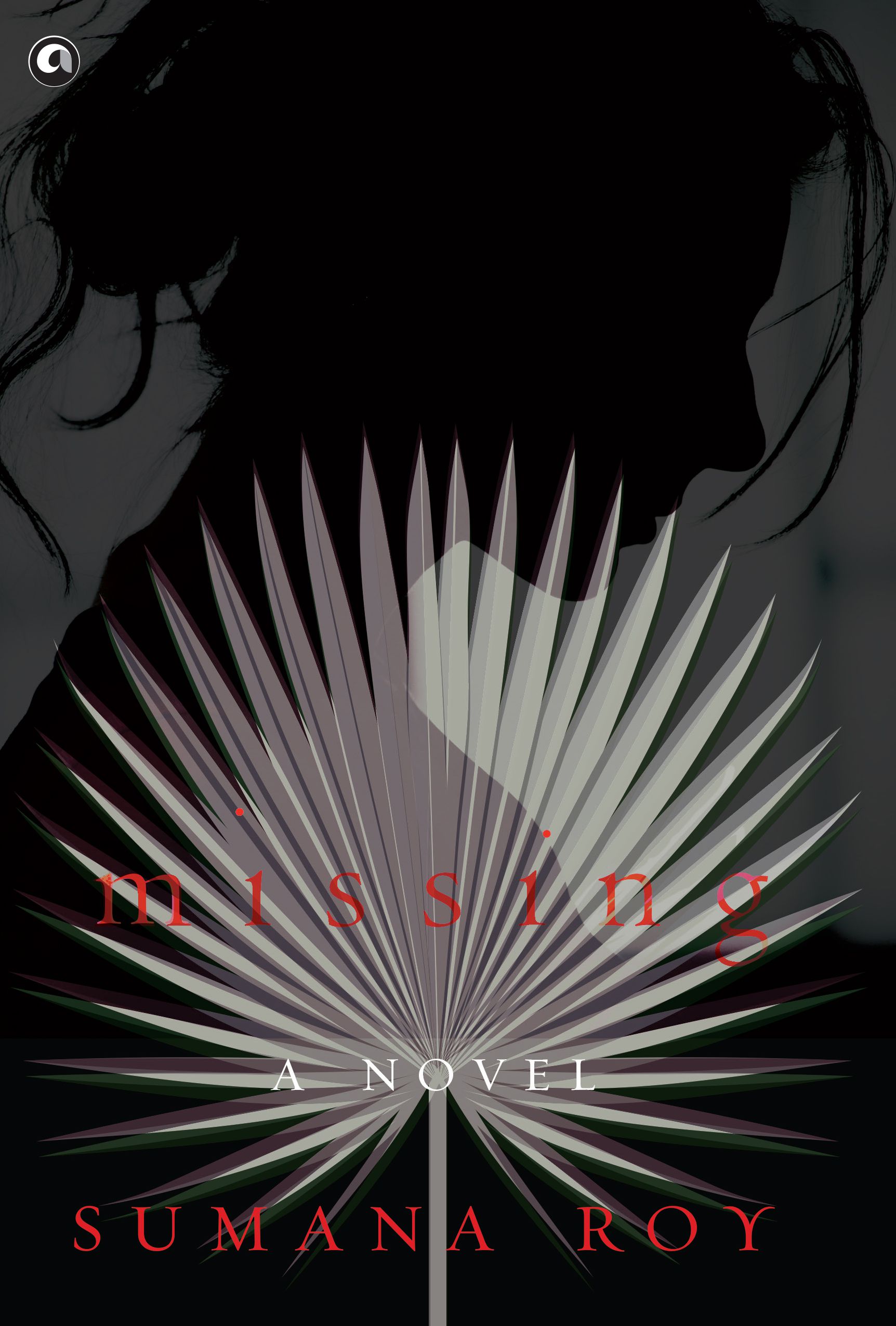It is the summer of 2012. A young girl is molested in Guwahati in India’s Northeast, journalists take photographs and make videos of the incident, but no one tries to rescue her. The monsoons have arrived, and Assam is flooded, as it is every year.
In Siliguri, Kobita, a fifty four-year-old activist, married to Nayan, a blind poet, decides to travel to Guwahati to search for the molested girl who has gone missing. Before she takes off she leaves instructions to have a new bed made. Because of his disability, Nayan has no option but to depend on the carpenter and his family to trace his wife after her phone calls stop coming.
There is a riot in lower Assam from where Kobita last called her husband.
While Nayan grows desperate for news about his missing wife, their son, Kabir, is in England, absorbed in his research about Hill Cart Road, the highway that connects Siliguri to Darjeeling and the eastern Himalayas.
Missing is about seven days in the lives of these people. It is a study of the modern marriage, played out against the awareness of the question that gave birth to the Indian subcontinent’s first epic, the Ramayana: What happens when a wife goes missing?
Author info
SUMANA ROY’s first book, How I Became a Tree, a work of non-fiction, was published in 2017. It was shortlisted for the Shakti Bhatt First Book Prize (Non-fiction) 2017 and the Tata Literature Live! First Book Award (Non-fiction) 2017. Missing is her first novel. She lives in Siliguri.

